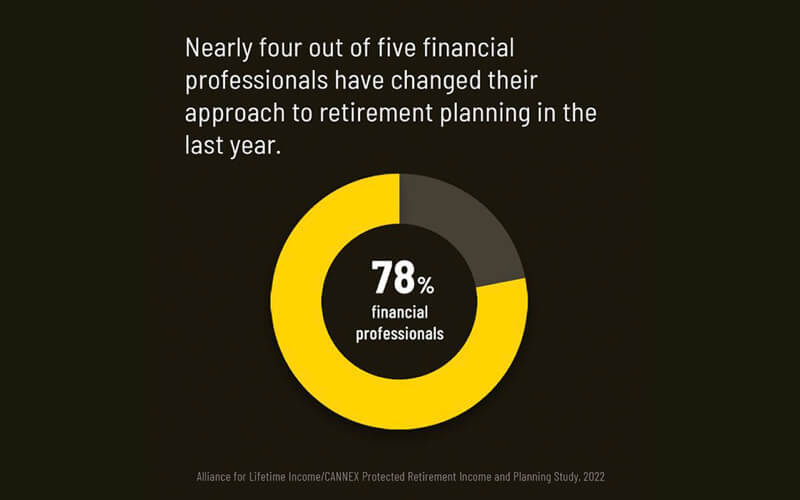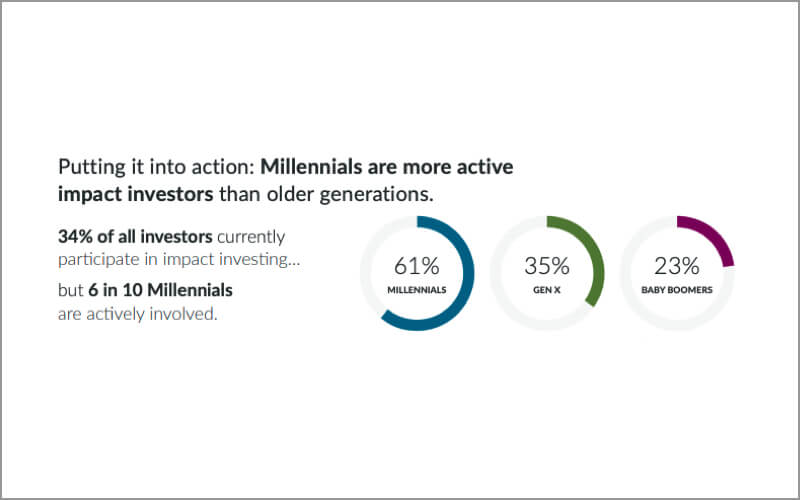In 1974, thanks to the Equal Credit Opportunity Act, women were given the right to open bank accounts and get mortgages and personal credit cards in their own names. Before that, single women were required to bring a man along to cosign any credit application, regardless of their income.
Prior to 1988, women needed a male cosigner to obtain a business loan. When HR5050 was passed in 1988, Lillian Lincoln Lambert, the first African American to graduate from Harvard Business School, testified to the House Small Business Committee that she had needed the signature of her only living male relative, the 17 year old son she was supporting, to secure a business loan.
As a business owner with deep market research experience in the financial services field, I’m blown away that these laws were even necessary, and that they were passed in my lifetime. But I’m encouraged that several of our smart financial services clients are demonstrating their understanding that it’s important to focus on women with special initiatives targeting them. These financial service providers are inspiring women to become more involved and engaged in their financial lives.
Why targeting women is important
Women have more financial opportunities than they’ve had in the history of our country. They are controlling more and more wealth, with decision-making control over an estimated 39% of the nation’s investable assets [PDF, page 3].
But women also have more financial risks than men:
- We all know about the wage gap. It’s well documented, and it persists.
- Women live longer than men, and women are likely to live alone at some point in their lives. They need to manage their resources.

The key to engagement
Many organizations are asking different forms of the same question: How do we get women’s attention and encourage them to engage more in their financial situation?
Our answer: Understand what motivates them.
When it comes to money, what do we all want? Nearly everyone seeks some form of peace of mind; we want to have enough money to feel financially secure.
There are nuances in the way women and men think about financial security. Women are more apt to feel financially secure once they alleviate stress and worry about money. They want to make sure they and their loved ones are taken care of so they don’t need to worry; only then can they feel secure.
Men lean toward seeking accomplishment; they are more likely to feel secure once they feel confident and in control of their finances.
These differences have powerful messaging implications for financial service providers that are targeting women.
Another good reason to understand what motivates women is to identify why and how they invest. In our research, we find women focus on investing to achieve specific goals that impact people important in their lives: their education, their children’s education, or their retirement. A report by Pershing backs this up. Women: Investing With A Purpose finds that “women often prefer to structure their investments and savings into pools for specific purposes — they measure success by how well they can fulfill these purposes.”
Again, understanding these subtleties can influence the way companies develop products and communications strategies that focus on specific audiences.
Building on the momentum
Smart organizations in the financial services industry are seeking ways to provide even more opportunity for women. We’ve seen it with our clients, and perhaps the momentum that is building with the new faces of Congress can do even more to improve women’s future financial security.





